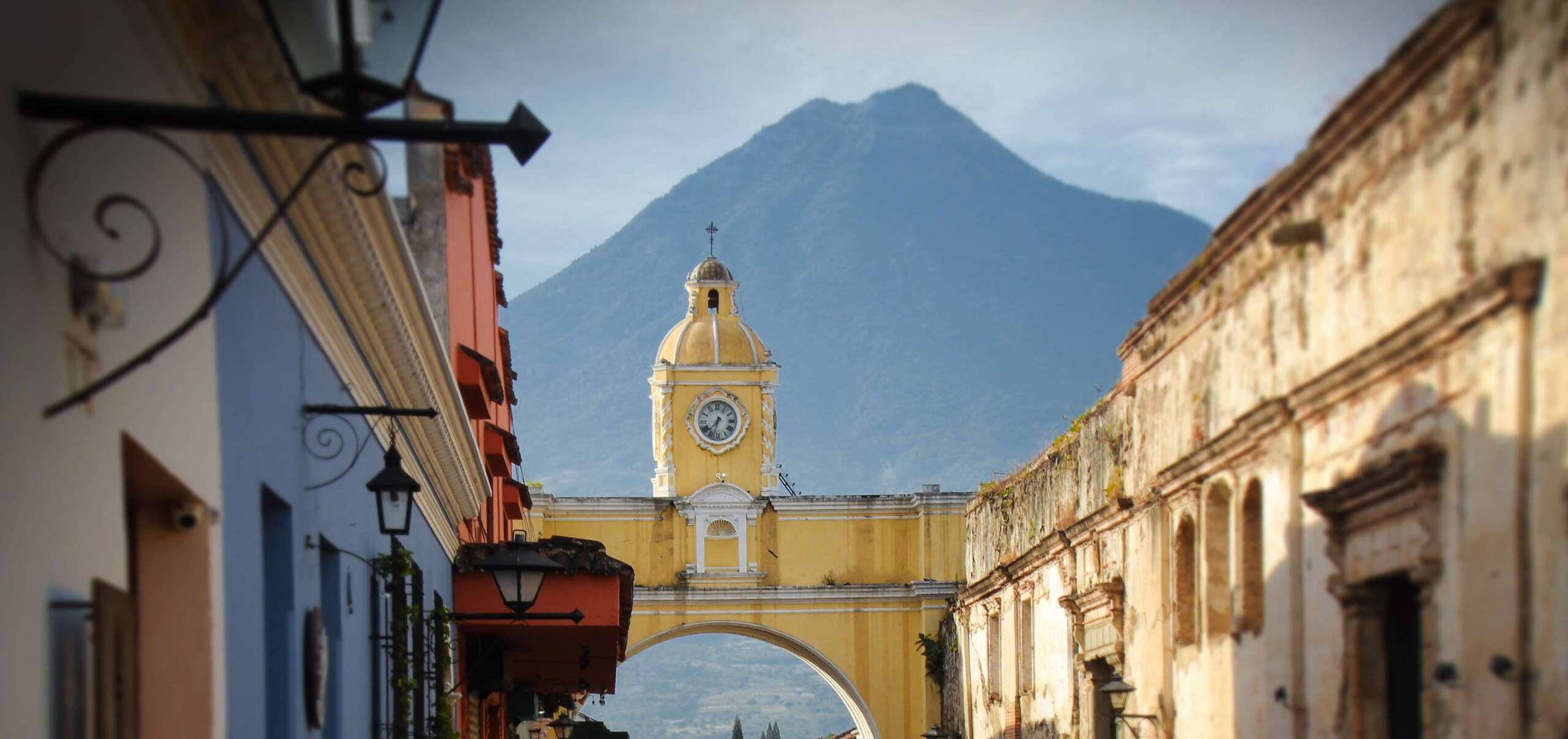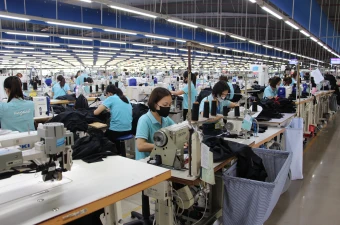CNV Internationaal has called on the President of Guatemala, Alejandro Giammattei, and his government to lead by example. The Guatemalan government must promote trade union freedom, freedom of expression and social dialogue, and prevent the erosion of social institutions. The call was prompted by serious concerns about the recent revision of a law on non-governmental organisations (NGOs). This change in legislation imposes a strict regime of control and supervision on NGOs, with serious consequences for their independence and normal functioning.
Concerns about the possible restrictions on freedoms were tempered somewhat when it became known that the Constitutional Court of Guatemala was temporarily suspending the new legislation. That decision supports those organisations that consider the reforms to be undemocratic and unconstitutional. President Giammattei has indicated that he does not agree with the court's ruling, but abides by it. The President said that in the coming weeks he will amend a number of articles of the above law and then present it to Parliament again.
The letter to Giammattei, signed by CNV Internationaal chair Anneke Westerlaken, points out that the Constitutional Court's ruling recognises and endorses several international agreements and conventions signed by Guatemala. 'It is a good thing that the country's legal institutions are functioning properly and that they protect the foundations of democracy in Guatemala.'

Foto by Jeison Higuita from Unsplash
Ensuring democracy is a prerequisite for successful business
Many of the organisations that have spoken out against the proposed changes to the law are unanimous in pointing out the risk of restricting the right to free association enshrined in ILO Convention No 87, signed by Guatemala. This ILO Convention is a fundamental part of the UN Guiding Principles and the OECD Guidelines for Multinational Enterprises. Together, they form the international standard for responsible business conduct in value chains.
In the demanding modern business world, companies know the requirements of their customers. Nowadays, these have to do not only with the quality and price of products, but also with the way they are produced. That is why companies welcome international standards that safeguard their reputation and guarantee ecological and social sustainability.
The letter by CNV Internationaal points out these aspects to President Giammattei. It brings to mind that the Central American country is a major producer and exporter of palm oil, bananas, sugar, ethanol, coffee and cardamom, among other commodities, and that adhering to international standards is becoming increasingly important for the conclusion of trade agreements with foreign buyers and investors. 'The market requires these actors to conduct their business activities in an ecologically and socially responsible manner,' the letter states. Defending freedom of association is of particular importance in this context.
'Irregularities and intimidation'
The concerns mentioned above arose on the day when the Guatemalan Parliament adopted the revision of the Law on Non-Governmental Development Organisations, in a procedurally irregular and non-transparent session. Sonia Gutiérrez, leader of the political movement Winaq, founded by Nobel laureate Rigoberta Menchú, witnessed the vote: 'That day the discussion of the Amendment Act was not on the agenda. A delegate unexpectedly made an extraordinary request to speak about the corona virus. To our great surprise, a debate then began on the Act amending the law on NGOs. Our group then immediately exposed this manipulation and the shortcomings in the procedure.'Gutiérrez further stated that the parliamentary session took place in such an atmosphere of pressure and intimidation of opposition members that even colleagues from other political parties stood up against it. This was the case, for example, with former Humanist Party presidential candidate Edmund Mulet.
Member of Parliament Gutiérrez points out that this legislative reform is a direct violation of the right to freedom of expression, organisation and demonstration, since, she says, the government will have the power to revoke, through the Ministry of the Interior, the recognition of organisations which it considers to be disturbing public order. 'And that is very dangerous.'
This fear is shared by Guatemalan union leaders. Julio Coj, of the Union of Guatemalan Workers (Unsitragua), warns of the risks the changes in the law may pose to workers' organisations. 'If a union exercises its legitimate right to demonstrate or strike, and in doing so, for example, obstructs the traffic, the new law would allow the government to consider that as a violation of public order, and legally prosecute union leaders and administrators, criminalise them, put them in jail and demand compensation from them. It could also ban trade union organisations that take part in demonstrations or strikes.'
For Alejandro Aguirre, Executive Director of Congcoop, an umbrella organisation for civil society groups and cooperatives, the government's argument revolves around transparency and the necessary accountability of NGOs. But ultimately, Aguirre says, 'the reform is aimed at political control, at the power to silence voices critical of current and future governments in Guatemala.'
What is wrong with the the revision of the law on ONGs
An analysis by the International Centre for Non-Profit Law (ICNL) warned that the amendment of the law in its current form would impose extreme surveillance on NGOs in Guatemala. ICNL is an organisation that bases its work on international law and on strengthening the legal status of civil society and citizen participation. The organisation is active in more than 50 countries.
ICNL emphasises, among other things, that the Amendment Act 'prohibits the use by NGOs of foreign funds for activities that disrupt public order on national territory'. (Art. 13). 'An organisation that violates this provision' the analysis continues, 'immediately loses its recognition.' And what 'disturbing public order' means, is not defined. The possibility of forcing an NGO to close down on such vague grounds, without the Act establishing guarantees for a fair trial, means that every NGO is constantly vulnerable to closure, even on account of parking fines or other minor offences, ICNL says.
Another disturbing aspect of the Act is Article 10, which does not clarify what information about their members NGOs are required to collect and make public. 'This ambiguous requirement can be interpreted as a carte blanche to require organisations to publish, for example, the names and contact details of their members, without limitations or exceptions.' Forcing NGOs to disclose typically confidential information violates privacy guidelines and may increase the risk that individuals or organisations are attacked, ICNL explains.
CNV Internationaal understands the concern of international organisations, experts and agencies. It strives for a social dialogue that benefits all democratic actors. CNV Internationaal believes that the adoption, now or in the future, of the amended law or similar regulation could weaken Guatemala's democratic standing and directly affect the country's international trade and investment relations.
Publication date 20 03 2020


